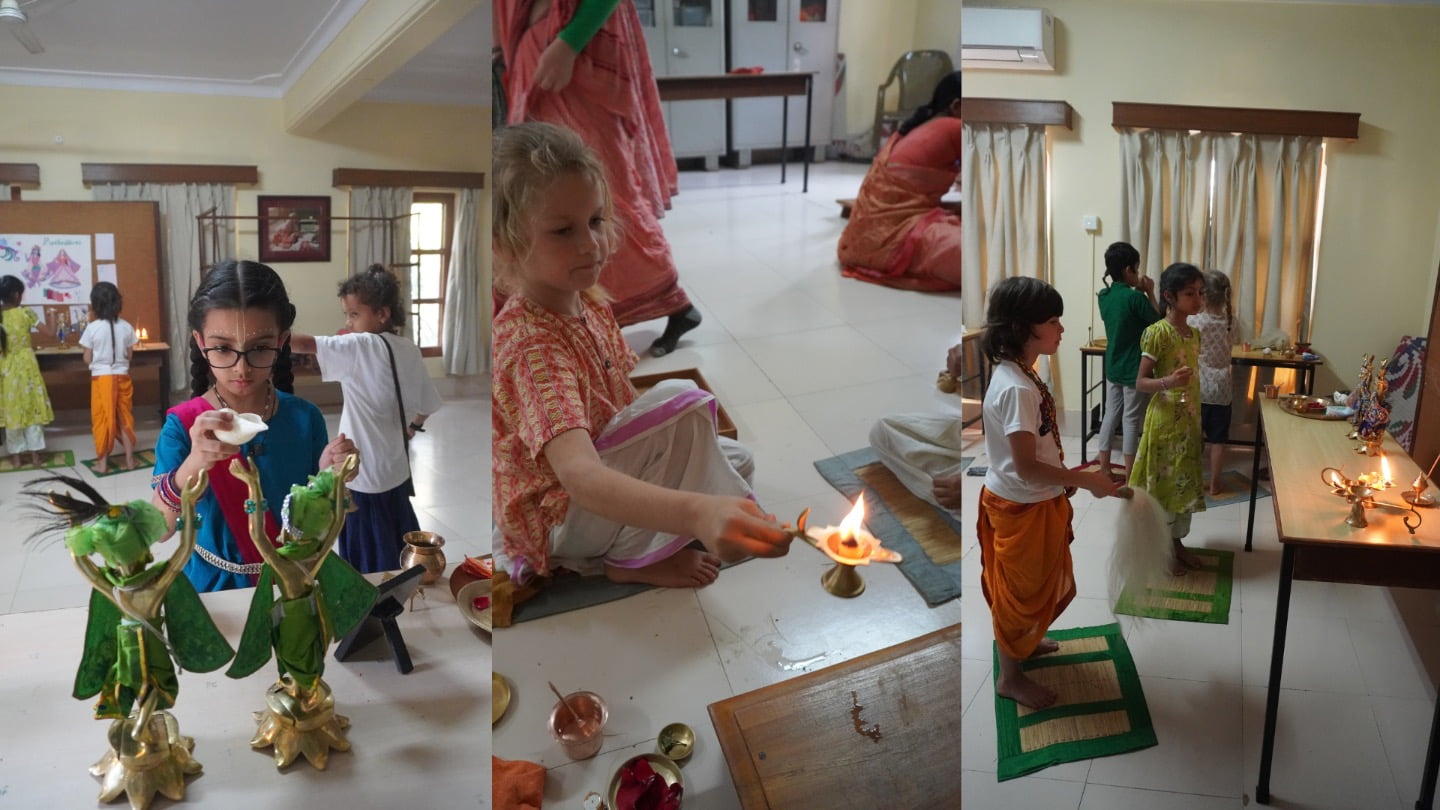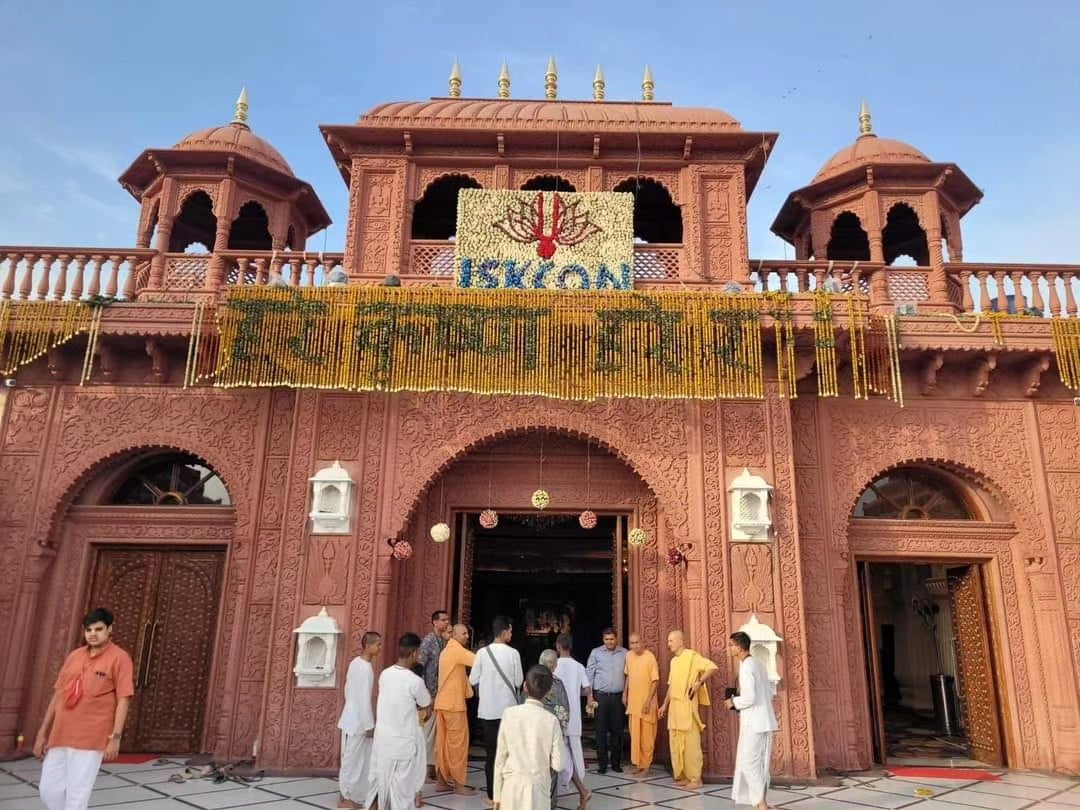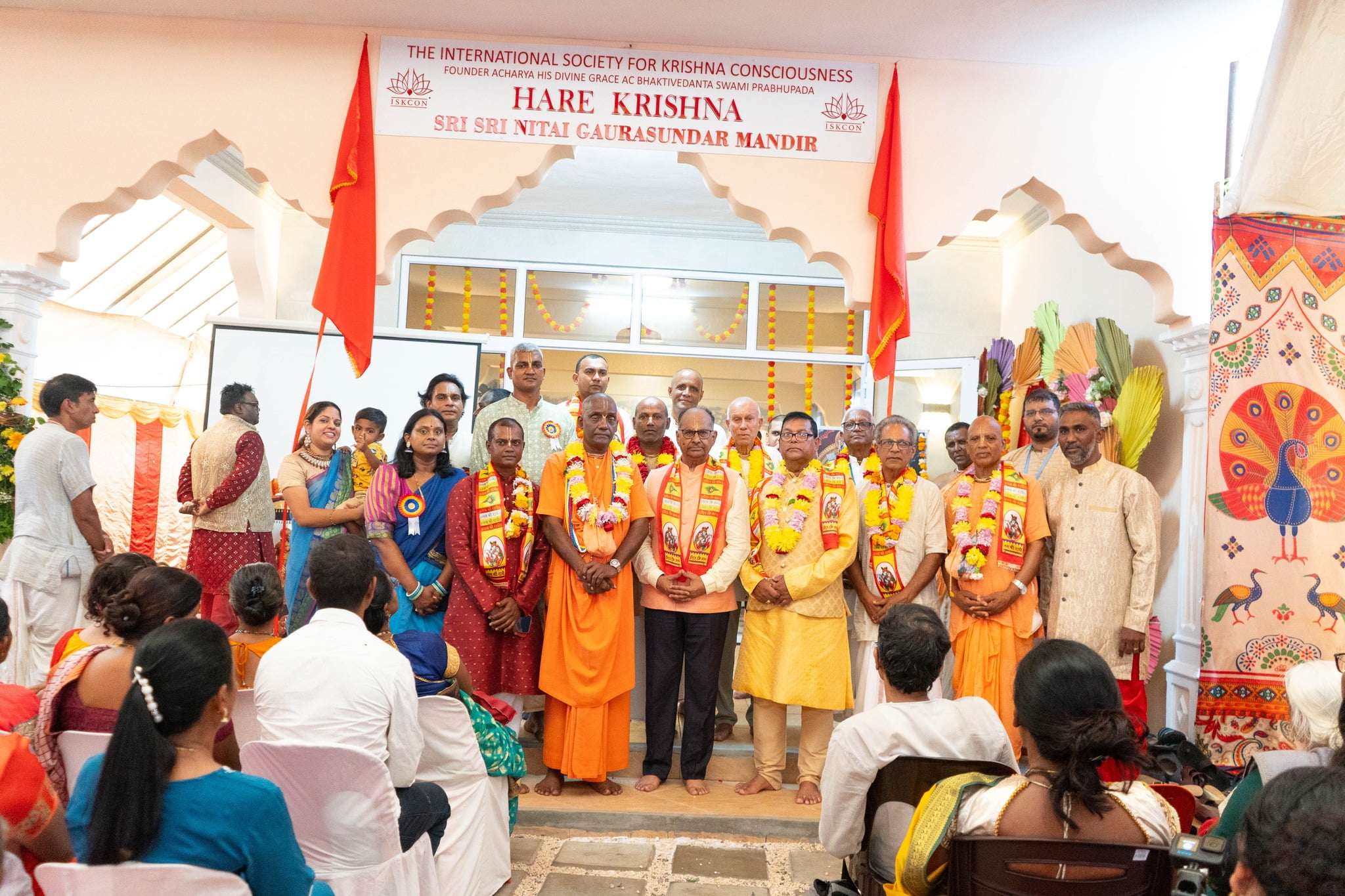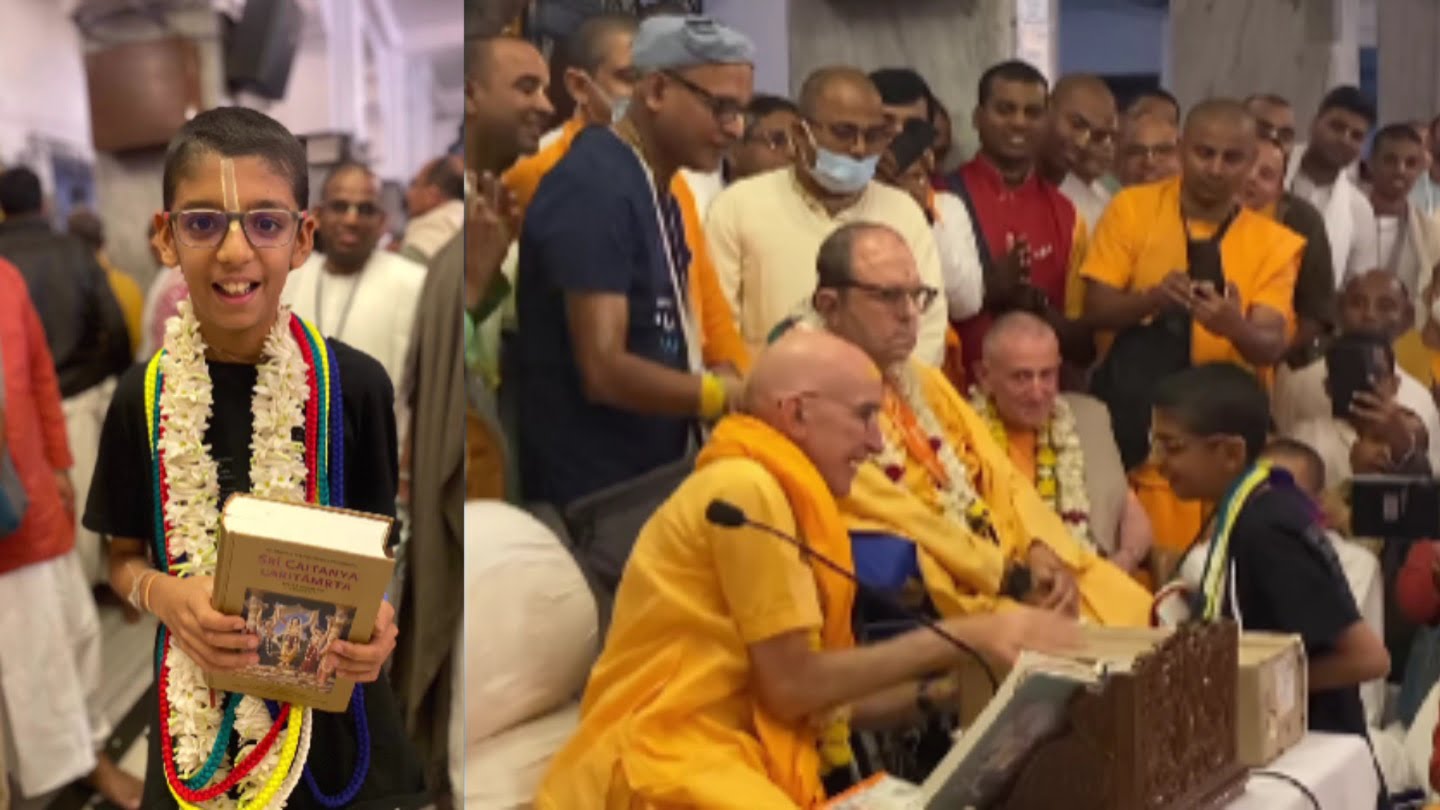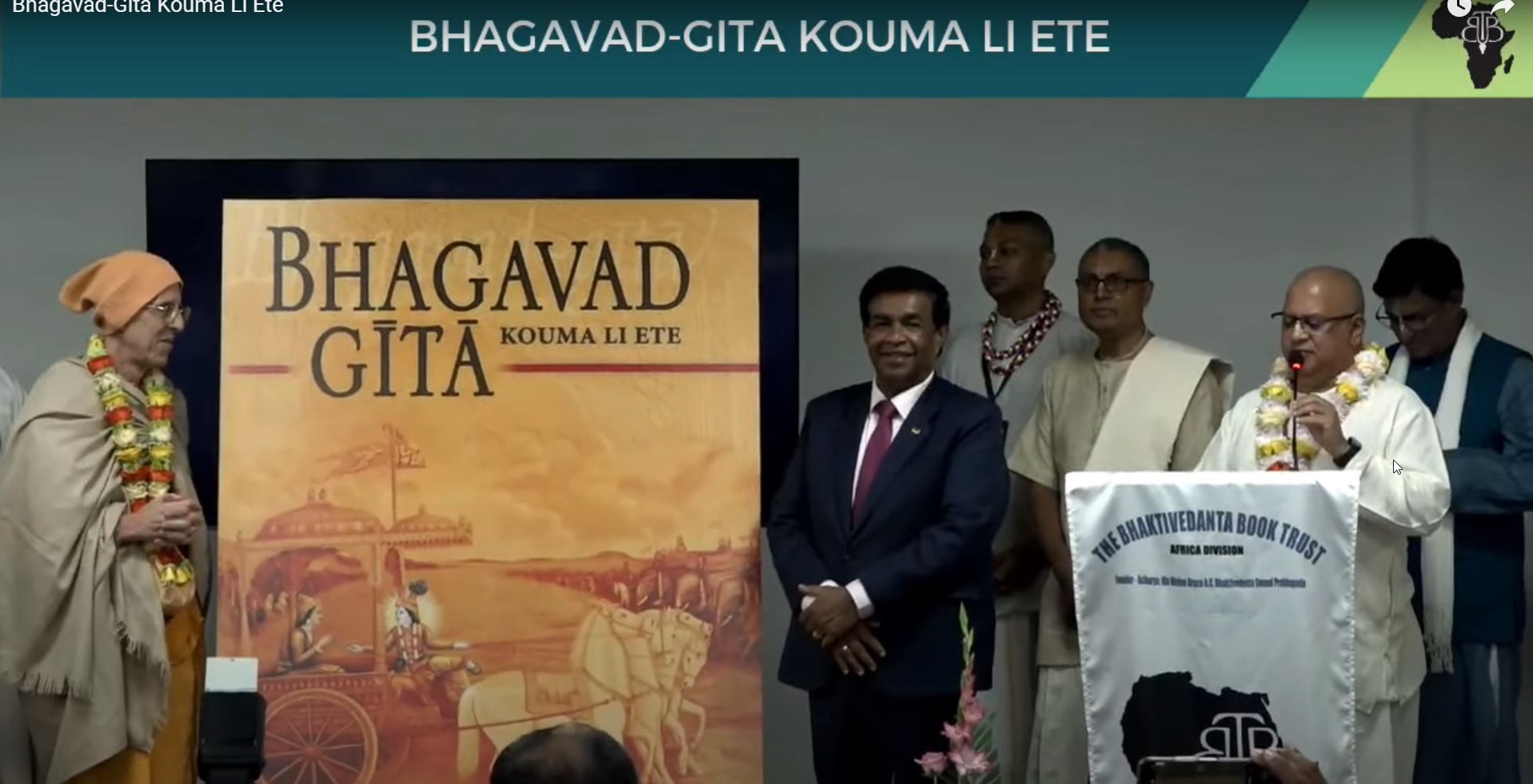Bangalore Splinter Group Proposes Truce, GBC Responds
By ISKCON News Weekly Staff | Mar 09, 2009
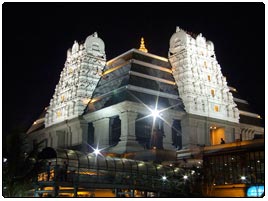
Bangalore, INDIA – Is the longstanding feud between the International Society for Krishna Consciousness (ISKCON) and a breakaway group of devotees who took over the prominent ISKCON temple here finally nearing a resolution? A recent exchange between the leader of the splinter group and ISKCON leadership opens the door to such a possibility—although significant conditions, including the withdrawal of all pending litigation, the acceptance of GBC authority, and a thorough hashing out of doctrinal disagreements, would first have to be met.
Madhu Pandit Dasa, head of the Bangalore-based splinter group, sent a letter to ISKCON’s leadership proposing that the two camps settle their disagreements – ostensibly including multiple lawsuits he filed against ISKCON in India – by adopting a compromise situation within which their divergent views can be accommodated. ISKCON’s response, authored by the Governing Body Commission’s Executive Committee consisting of Romapada Swami, Madhu Sevita Dasa, and Hrdaya Caitanya Dasa, doesn’t explicitly preclude that possibility, but firmly states that the ongoing litigation and property disputes would have to be dealt with before ISKCON would entertain taking another look at the philosophical issues that led to the initial schism.
“In light of the fact that the GBC has not initiated any legal proceedings against you,” the ISKCON response says, “and in light of the fact that all the [doctrinal] points of dispute stated by you in your peace proposal are not at all the subject matter of the legal battle between you and ISKCON, the GBC requests you to withdraw all current litigation lodged by you against ISKCON.”
Madhu Pandit and the other members of the breakaway group left ISKCON in 1998, when they adopted the philosophy that ISKCON Founder-Acharya A.C. Bhaktivedanta Swami Prabhupada, who passed away in 1977, would continue to be the sole initiating guru even after his physical departure. This doctrine, informally known as ritvikism because adherents claim that the individual conducting the initiation be regarded only as a ritual priest, or ritvik, is regarded as a heresy in traditional Vaishnava praxis. It is also strictly at odds with ISKCON’s position that Prabhupada instructed his disciples to themselves become gurus after his disappearance and thus continue the disciplic succession in the conventional manner.
In 1990, ISKCON’s Governing Body Commission ruled that ritvikism was “a dangerous philosophical deviation” and prohibited its teaching and practices in ISKCON. In 1999, following Madhu Pandit’s high profile defection and his presentation of ritvikism to the GBC, that body examined his argument and found it “to be erroneous in its conclusion as well as specious and sophistical in its conduct.” As a result, the GBC strongly reaffirmed its repudiation of ritvikism as a dangerous deviation, and specified that “no one who espouses, teaches supports in any way, or practices ritvikism can be a member in good standing of ISKCON.”
The GBC rulings also singled out Madhu Pandit, along with a handful of other Indian leaders who had defected to the ritvik camp, noting that in “openly deviating from fundamental tenets of the Society’s teaching” they were “deemed as unfit to be members of ISKCON India.”
In response to the sharp repudiation, Madhu Pandit acted quickly, filing multiple legal suits against ISKCON in a bold and explicit takeover attempt of the prestigious ISKCON Bangalore temple and related assets. Ownership of the temple has been in dispute since then, with the many lawsuits slowly winding their way through India’s backlogged court system.
Interestingly, the 1999 GBC resolutions also specifically and strongly rejected “any proposals that ritvikism be in some manner or another accommodated or tolerated within ISKCON.”
Does that mean Madhu Pandit’s latest proposal will be rejected out-of-hand? Not necessarily.
The GBC EC response makes it clear that it would be open to re-examining doctrinal issues—but only after the immediate legal disputes are rectified. “This [the legal dispute] is our issue with you,” the response says, “and this is the issue we are more than prepared to discuss. The legal disputes are not disputes about establishment of the ritvik system.”
Should the Bangalore group take the necessary legal actions, the ISKCON response assures them, “the GBC will always be ready to discuss and strive to resolve peacefully all the different points of dispute raised by you in your peace proposal.”



